What I Wish I’d Known: Rebecca Perry
In What I Wish I’d Known, Graham Isador asks theatre artists what advice they’d give younger versions of themselves. The question is a jumping off point for larger conversations about the artist’s work.
I’ve never seen a full show from Rebecca Perry. I’ve watched the actress charm audiences during one-off presentations. I’ve seen her make guest appearances on other shows, winning over crowds with her big voice and warm personality. We’ve chatted at parties a handful of times. But her solo performances have always eluded me. At first this was mainly due to a youthful aversion for musical theatre. The earnestness of the whole thing used to make me uncomfortable. But by the time I had warmed up to the genre, and had friends suggest Perry’s shows during Fringe and later the Next Stage Theatre Festival, it was too late. Tickets for shows like Confessions of a Redheaded Coffeeshop Girl and From Judy to Betty were hot commodities. I couldn’t get in.
Still, I’ve admired the success Perry has had with the shows. On the back of her talent and charm she’s parlayed the performances into tours across the globe, hustling hard to put together a wonderful career largely on her own terms. It’s a position a lot of performers—particularly those involved with Fringe Festival circuits—would like to be in. Recently I had the chance to ask her about it and take some photos. You can read our conversation below.
Graham Isador: The first time I became aware of you was with the Fringe hit Confessions of a Redheaded Coffeeshop Girl. Can you walk me through the process of creating that show? Where did the idea come from/what was the execution?
Rebecca Perry: Confessions of a Redheaded Coffeeshop Girl was inspired by my own experiences working my first Toronto “joe job” as a barista in a coffee shop in the Annex at the beginning of my twenties. I thought that the interactions I was having with some of the customers and fellow employees, all of whom had colourful personalities, would make for some great comedic skits. So after each interaction I would scribble down what had happened on a piece of till paper and stuff it into my apron.
I heard fascinating stories from people who led interesting or unique lives, all of whom were different ages or at different junctures in their careers. Six months later, I had a huge collection of “till paper stories”, and they became the inspiration for the show. I think one of the reasons that I play 20-30 characters in both shows is precisely because I had so many stories from people in such different walks of life, and those were the people I wanted to represent.
The show went through several iterations, and I continue to tweak it with every new audience I put it in front of. I think that is the hidden gift of self-generated work: you’re in control so you can always keep improving it. It has been touring professionally for almost four years, and I continue to update or tweak the jokes, observational moments etc., so they always feel like they are happening in the present.
You’ve toured the show nationally and internationally now, including a hit run at Edinburgh Fringe. What is the biggest piece of advice you’d give to people who would like to tour like you have? Is there anything you’d do differently looking back?
I think the biggest piece of advice I would offer to someone wanting to begin touring far afield is to work up to it. I went straight from the Storefront to the two biggest Fringes in Canada, Winnipeg and Edmonton, before I brought it home, and while that meant that the script had seen more improvements, it made the beginning a lot more complicated. Going from Toronto Fringe to the wider Canada circuit, and then on to international touring would have been a much more logical journey. At each stage along the way you will have collected press quotes and interviews. That way, once PACT theatres start approaching you (or, carpe diem, you contact them!), you can present a comprehensive marketing package to them from the outset.
For anyone touring to Edinburgh, I would say get a good publicist, and don’t scrimp on that expense. I cannot stress the importance of that enough, and it makes such a huge difference to my Edinburgh results every year. It’s one of the reasons there has been so much professional touring. Also seek out a UK touring agent while you’re there. It’s not just a Fringe, it’s a theatre market where you can go and find what you need to get your work out there on a larger scale.

Photo of Rebecca Perry by Graham Isador
Recently we had the conversation about you wanting to move on/past Confessions of a Redheaded Coffeeshop Girl, mostly because you wrote the piece when you were a lot younger. What’s the balance for you between respecting what you’ve accomplished and feeling fulfilled creatively?
I think that art is a continuous evolution, and I don’t think that moving away from something I have written in the past is disrespecting it. Rather it indicates that the show has given everything it can to me, and it is time to apply that experience to the next one. For a while, I have been pushing my other two shows—the sequel, Adventures of a Redheaded Coffeeshop Girl, as well as the full length version of From Judy to Bette: The Stars of Old Hollywood—to the forefront. I’ve also really started to pursue my passion for film and TV acting, which has me staying in Toronto for longer stretches so that I’m available to audition. In turn, that has helped me get “picky” about what kind of contract I’ll accept from a theatre. It has made me a better businesswoman.
That said, while I do want to move on to other shows, Confessions of a Redheaded Coffeeshop Girl is still the show that I will usually push to perform first to a new audience. The track record that it brings with it makes it attractive to presenters, and once they know my work, I can introduce the other shows I do. That will change eventually, but for now it’s where I’m at.
I do think that I am feeling a little less immediately connected to Joanie, as she does represent a younger me, who was yet to grab the chances in front of her or make a choice and purposefully forge a path. However, the show still connects with younger audience members who can relate to the situations, and so I think it still has value on both sides of the curtain.
The success you’ve had has largely been through self-generated shows/material. What does it feel like to get traction on your own terms?
I am proud of the amount of work that I have created for myself through these shows. I have travelled to and performed in places I might not have visited otherwise – from the Sudbury Theatre Centre to the Imperial Theatre, St John, NB; from sixty-seater black boxes to a thousand seat theatres with balconies – and the variety is what has been exciting. It’s also very encouraging to me as a creative to know that theatres want to book my work, and therefore are investing in me as a brand. It keeps me moving forwards with my newer work, just as much as it keeps me and my team employed performing the shows that are out there already.
Looking at what you’ve accomplished at this point, what would you tell the younger version of yourself just starting out?
Looking back to when I started out, my greatest advice would be to look into the world of grants as early as possible, and to begin applying with confidence and immediately. At the beginning, I put too much of my own money into my shows, as I didn’t think anyone would believe in me, so it took awhile before I began exploring other avenues such as grants, sponsorship, donors and productive ways of fundraising.
That also has the knock-on effect of bringing you to the point where everyone else gets paid and you don’t. Getting some early grants would have put me on a much less rocky road than I ended up on for the first while. Ultimately – BE SCRAPPY! Fight for yourself, speak passionately, never be afraid of putting into words why your work is important to you, and why it will benefit audiences, creatives and theatres. You can do this.
This interview has been edited for length
From Judy to Bette: The Stars of Old Hollywood is playing at the 120 Diner on March 10th.

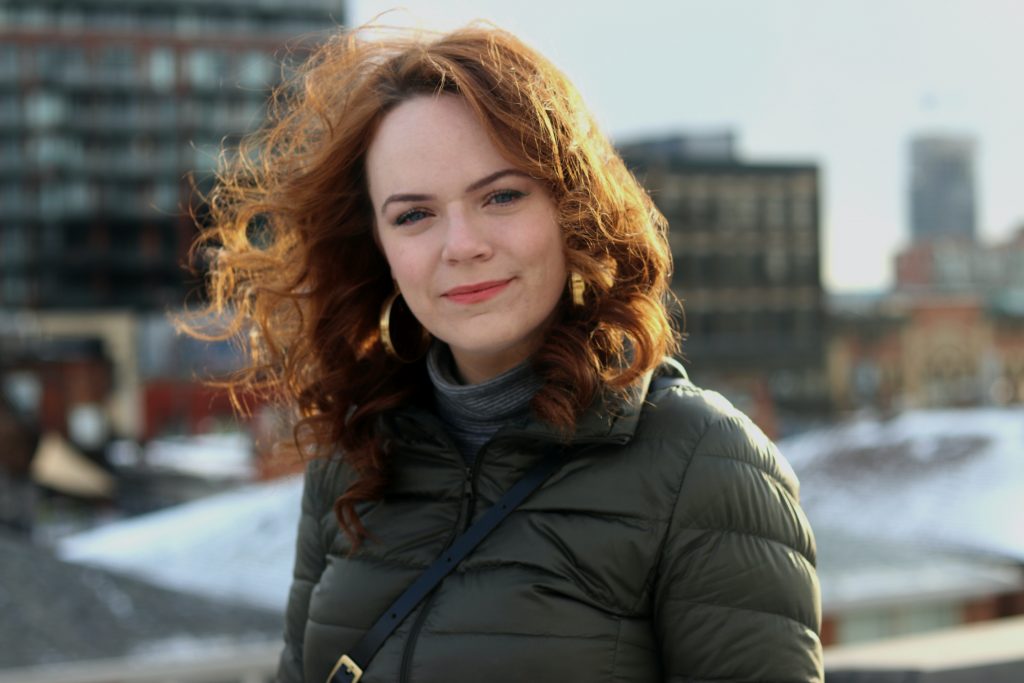
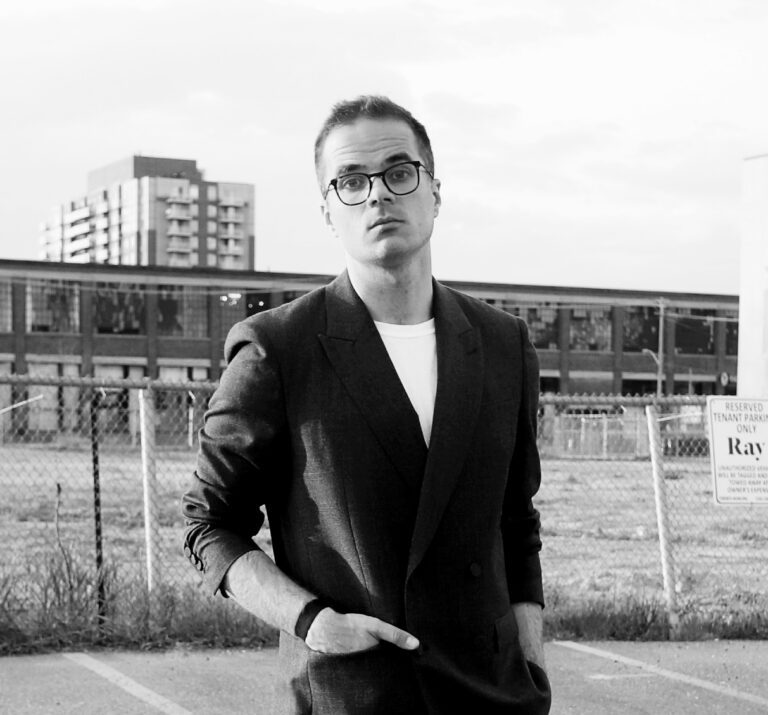

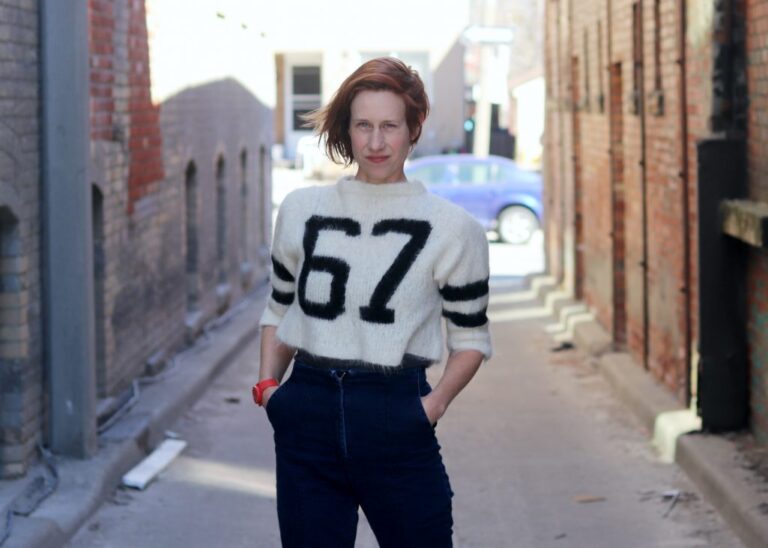
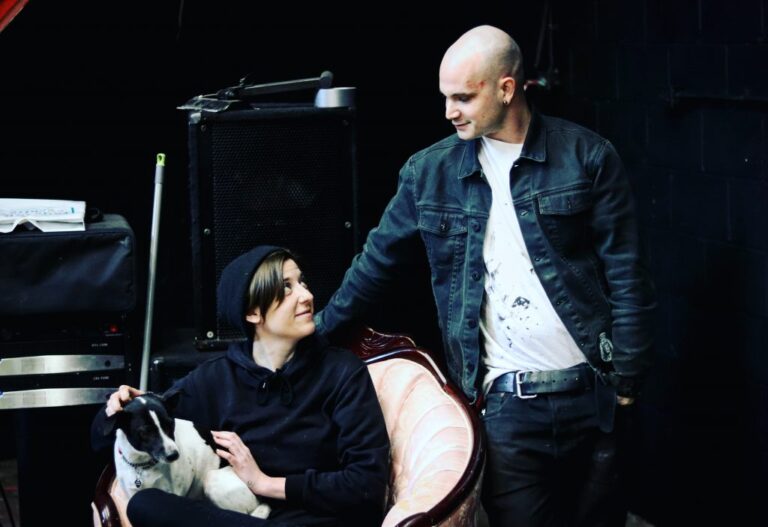
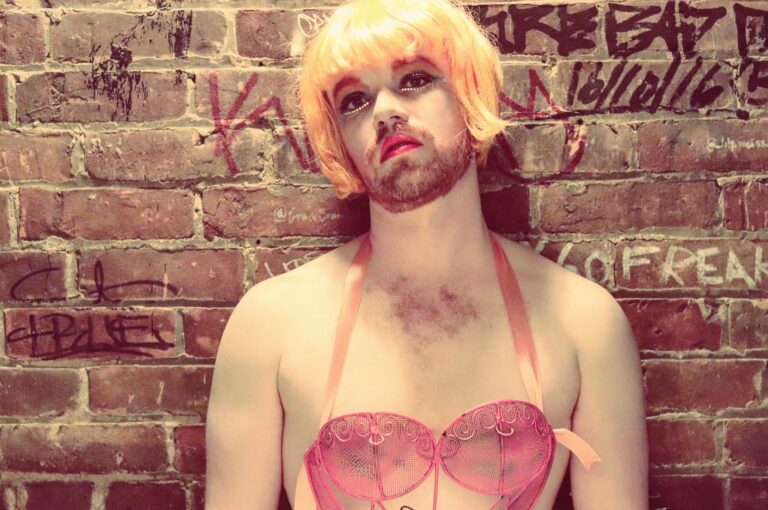
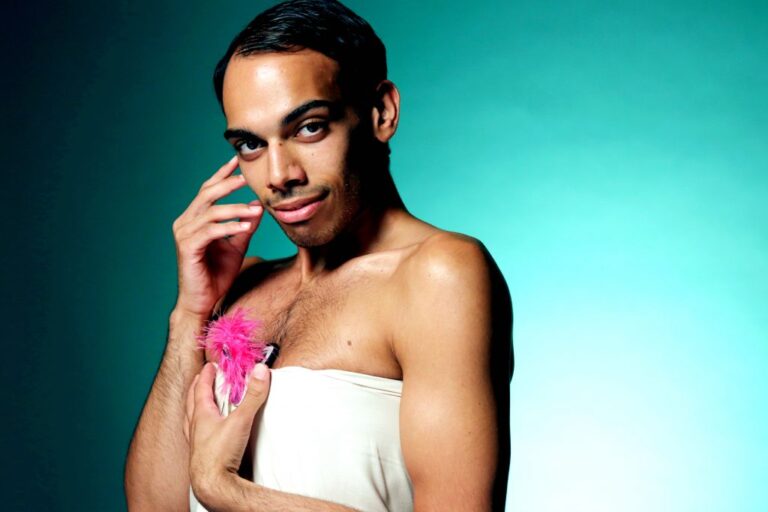
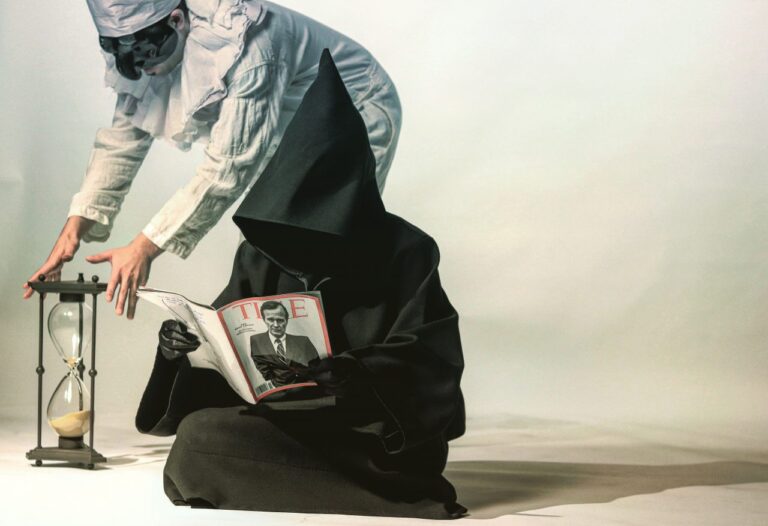

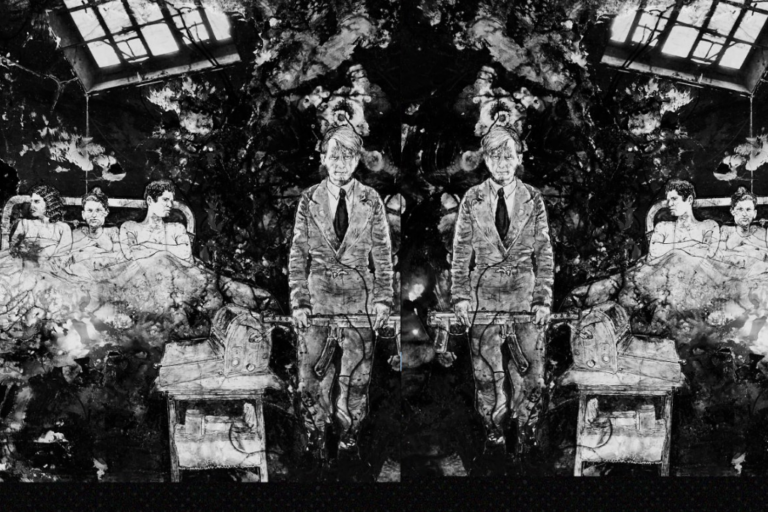
Comments